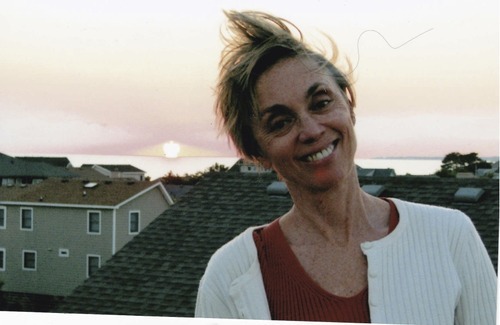A few years ago in one of my support groups in New Mexico, a friend shared how she had to lock everything up in her house. She’d lock the jewelry here, the silver there. She had a different key for every place, and one time she was so flummoxed by her son that she lost all the keys! We laughed together at that one, grateful that we still could laugh.
This is what it comes to for many of us parents. We erect walls to protect ourselves, keeping the addicts out. And then, of course, we feel guilty about doing that.
My daughter Angie used to steal valuables from my home in order to sell them for drug money. It was safer, she thought, to steal from me than from a store. She already knew what an enabler I was; but she was still a thief. And even though her addiction pushed her onto the wrong path, she still should have paid the consequences if she was going to learn and mature. But I let her get away with it. I deeply regret that.
They will work us, manipulate us, and use every tool in their arsenal to get what they want if they’re still using. Parents are so vulnerable, and they’re walking a fine line between helping their child recover, and enabling them to continue using. We learn eventually to sit frozen in inaction, to do nothing. We learn to let our addicts be accountable for their own actions, and hopefully learn from the consequences: eviction, jail, or death.
But it’s that last consequence that holds us hostage, keeps us doing for our addict all that he should be doing for himself. We say to ourselves, ‘As long as he’s alive, he can recover.’ True, but when will we ever get rid of our God-like parental power, thinking that his recovery is all up to us?



